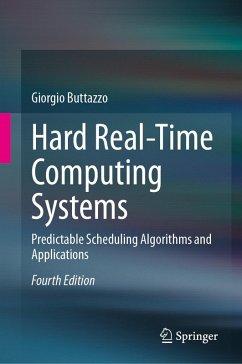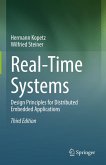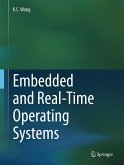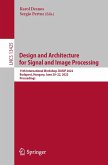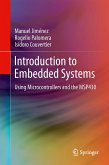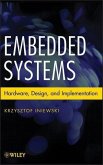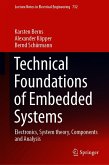This book is a basic treatise on real-time computing, with particular emphasis on predictable scheduling algorithms. The main objectives of the book are to introduce the basic concepts of real-time computing, illustrate the most significant results in the field, and provide the basic methodologies for designing predictable computing systems useful in supporting critical control applications.
Hard Real-Time Computing Systems is written for instructional use and is organized to enable readers without a strong knowledge of the subject matter to quickly grasp the material. Technical concepts are clearly defined at the beginning of each chapter, and algorithm descriptions are corroborated through concrete examples, illustrations, and tables. This new, fourth edition includes new sections to explain the variable-rate task model, how to improve predictability and safety in cyber-physical real-time systems that exploit machine learning algorithms, additional coverage on Response Time Analysis, and a new chapter on implementing periodic real-time tasks under Linux.
Dieser Download kann aus rechtlichen Gründen nur mit Rechnungsadresse in A, B, BG, CY, CZ, D, DK, EW, E, FIN, F, GR, HR, H, IRL, I, LT, L, LR, M, NL, PL, P, R, S, SLO, SK ausgeliefert werden.

